Unlock a promising career in soil and water conservation, environmental sustainability, and agriculture. Contribute to land resource management, eco-friendly practices, and rural development. Enjoy career growth and competitive salaries.
Future Scope & Benefits of M.Tech in Soil Water Conservation Engineering
Embarking on an M.Tech journey in Soil Water Conservation Engineering opens doors to a realm of promising opportunities and numerous benefits. In an era marked by increasing environmental concerns, the need for experts in the conservation and sustainable management of soil and water resources has never been greater. In this section, we will explore the future scope and the advantages of pursuing an M.Tech in Soil Water Conservation Engineering.
Future Scope of M.Tech in Soil Water Conservation Engineering
Environmental Stewardship: As climate change and environmental degradation continue to threaten our planet, the role of soil-water conservation engineers is pivotal. Graduates in this field will play a significant part in devising strategies to mitigate the impact of these challenges.
Agricultural Sustainability: Soil water conservation engineers contribute to the development of sustainable agricultural practices. They design systems for efficient water usage, soil moisture management, and erosion control, helping to enhance crop yields while conserving resources.
Natural Resource Management: The expertise gained during an M.Tech program in this field equips graduates to work in natural resource management agencies. This includes roles in government bodies responsible for soil and water conservation policies and projects.
Infrastructure Development: Soil water conservation engineers are vital in infrastructure development projects. They ensure that construction activities do not harm the environment and work on projects such as reservoirs, dams, and flood control systems.
Consultancy and Research: Graduates can pursue careers in consulting firms, research organizations, and NGOs, where they provide valuable insights into soil and water conservation practices. Research opportunities also exist in academia and government research institutes.
Benefits of Pursuing an M.Tech in Soil Water Conservation Engineering
Environmental Impact: Graduates contribute significantly to environmental conservation and sustainable land use, making a positive impact on ecosystems, wildlife, and future generations.
Rewarding Career: A career in soil water conservation engineering is not just financially rewarding but also emotionally fulfilling, as it involves protecting the environment and ensuring food security.
Global Relevance: The knowledge and skills gained in this field are globally relevant, allowing graduates to work on conservation projects in various parts of the world.
Interdisciplinary Approach: Soil water conservation engineering combines elements of agriculture, civil engineering, environmental science, and hydrology, offering a multidisciplinary perspective.
Innovation: The field constantly evolves with new technologies and techniques, providing opportunities for engineers to innovate and develop novel solutions.
Government Opportunities: Government agencies and bodies often hire soil water conservation experts to develop and implement policies for sustainable land and water management.
International Organizations: Graduates can work with international organizations like the United Nations, World Bank, and NGOs on global conservation projects.
Job Security: The increasing need for sustainable land and water management ensures a stable job market for soil-water conservation engineers.
Community Impact: Professionals in this field often engage with local communities, educating them about sustainable farming practices and water conservation.
Continuous Learning: Soil water conservation is a dynamic field, and professionals are constantly learning and adapting to new challenges and technologies.
Pursuing an M.Tech in Soil Water Conservation Engineering is not only a wise career choice but also a significant contribution to addressing some of the most pressing environmental issues of our time. Graduates in this field find themselves at the forefront of sustainable resource management, making a real difference in the world. The combination of a rewarding career, global relevance, and the chance to positively impact the environment makes this path an appealing one for aspiring engineers and environmental enthusiasts alike.
 2 Years
2 Years
 Post Graduate
Post Graduate
 Engineering
Engineering
 Full Time
Full Time




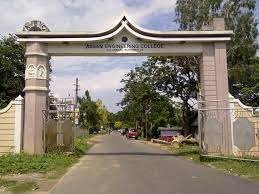
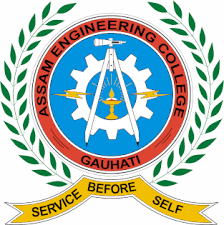
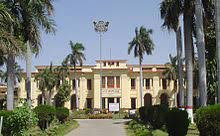
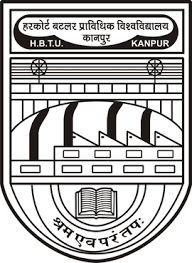


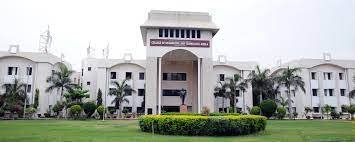

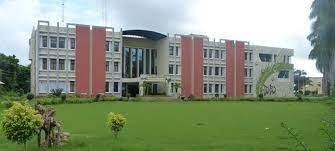


 back
back

